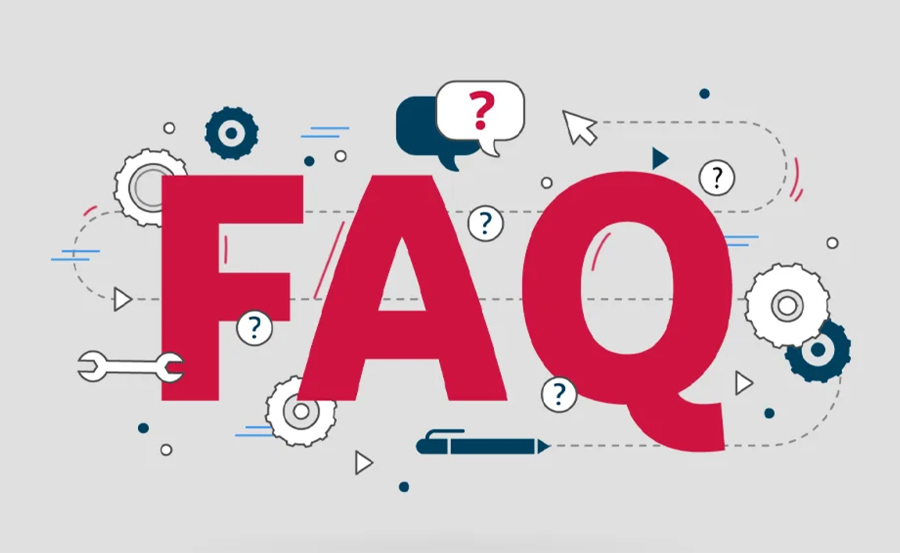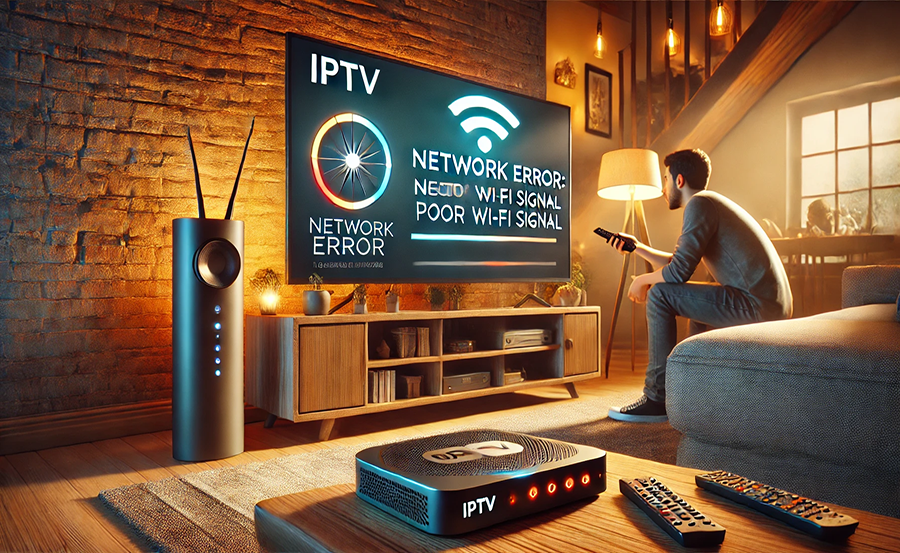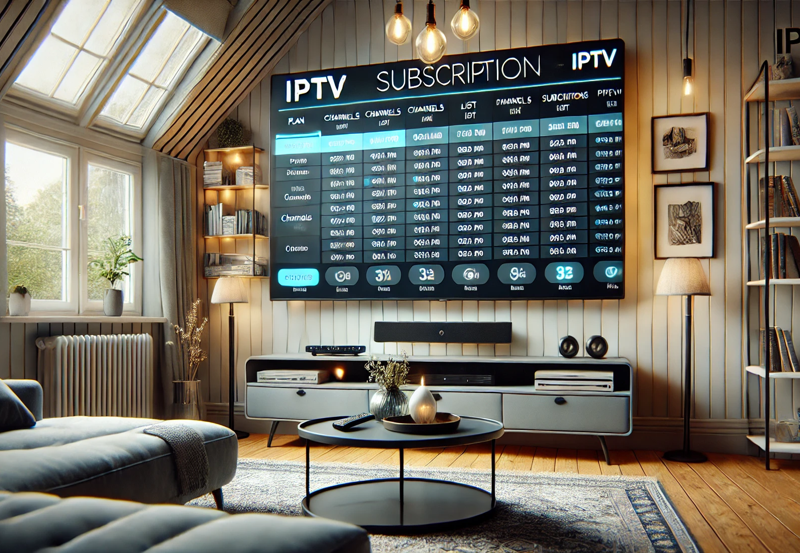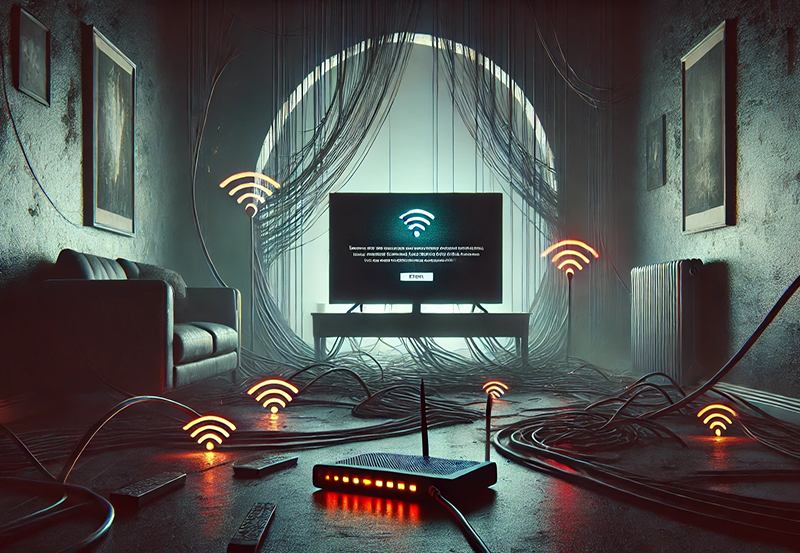Introducing the World of IPTV: Buffering Woes and Solutions
In the ever-evolving landscape of digital entertainment, IPTV stands out as a game-changer, offering a wide array of international channels at your fingertips. However, even innovations are not immune to hiccups. Buffering, the notorious nemesis of seamless viewing, can turn your binge-watching session into a test of patience. In this guide, we’ll explore why buffering happens and how you can embrace new strategies to redefine your IPTV watching experience. Buy 1 Year IPTV and Enjoy Unlimited Content
Understanding IPTV Buffering: A Closer Look
Why Does IPTV Buffer?
Buffering often occurs because of insufficient data streaming from your IPTV provider to your device. This can be due to network congestion or inadequate bandwidth. When data can’t keep up with your viewing speed, interruptions happen. Other factors include the server quality of the IPTV provider and your own internet connection stability.
The Impacts on Viewing Experience
Experiencing buffering can be quite frustrating, disrupting your viewing pleasure and causing you to miss important scenes. Over the long term, it might discourage users from continuing with a subscription service, affecting trust between consumers and IPTV providers.
Moreover, consistent buffering could undermine your enjoyment of international channels, particularly if you’re keen on a specific show or sporting event that relies on live streaming. Maintaining a smooth stream is crucial for maximizing the potential of Smarters IPTV.
Common Misconceptions About Buffering
Many believe that buffering is solely due to lousy internet. While connection plays a crucial role, it’s not the only culprit. Outdated software, the type of IPTV app used, and your device’s processing capabilities also heavily influence streaming quality.
It’s significant to debunk myths like assuming wired connections always solve buffering issues or blaming the weather for poor streams. Being informed helps in tackling the problem effectively.
Solutions to Minimize IPTV Buffering
Upgrade Your Internet Plan
First and foremost, consider whether your current internet plan meets the data demands of streaming high-quality IPTV. Adequate bandwidth is necessary for smooth streaming. Contact your ISP to discuss upgrading your plan if buffering is a recurring issue, especially if multiple users share the same network.
Optimize Your Home Network
Some quick tips to enhance your home network include:
- Position your router centrally to ensure optimal coverage across your living space.
- Limit the number of devices connected simultaneously, reducing competition for bandwidth.
- Ensure your router firmware is up-to-date to avoid potential performance issues.
Choose a Reliable IPTV Provider
Select an IPTV provider with robust and upgraded server infrastructure, minimizing the chances of server-side buffering. Research reviews and user feedback related to providers offering Smarters IPTV and international channels to make an informed decision.
Use Quality Hardware
Device Considerations
Your choice of device can affect streaming quality. Higher-end devices tend to handle streaming better, providing faster processing speeds and improved performance. If needed, consider investing in a dedicated streaming box for consistent results.
Cabling and Connectivity
While Wi-Fi offers convenience, using an Ethernet cable might provide a more stable and faster connection, reducing buffering risks. If streaming is primarily done in one location, a direct cable connection to the router can offer significant advantages.
Advanced Techniques for Smooth Streaming
Adjust Streaming Resolution
Streamed content comes in multiple resolutions, and often, lesser resolutions can be selected to reduce buffering risk. Lower resolution means less data is needed, reducing potential strain on your connection. It’s about balancing quality with consistency.
Invest in VPN Services
For those accessing IPTV services not available in specific regions, a VPN can aid in accessing better speeds by picking less congested internet routes. However, choosing high-quality VPN services is essential to ensure they don’t themselves become a source of buffering.
Utilize Multicast Instead of Unicast
Multicast streaming can offer improved efficiency over the common unicast method, especially for IPTV services broadcasting international channels. By simultaneously sending data from a single source to multiple users, multicast reduces demand on server resources.
A New Era of IPTV Engagement Awaits
By implementing the right mix of upgrading hardware, optimizing networks, and choosing providers wisely, you can elevate your IPTV experience. Buffering shouldn’t be an ever-present villain in your viewing saga. In today’s digital age, the tools and knowledge are readily available to ensure smooth, interruption-free streaming. Transform how you engage with Smarters IPTV and dive into the expansive variety of international channels, buffer-free.
FAQ

What internet speed is optimal for IPTV streaming?
A minimum download speed of 10 Mbps is typically recommended for standard streaming, whereas HD content might require upwards of 25 Mbps to ensure uninterrupted viewing.
Can using a VPN improve IPTV buffering?
A VPN can enhance streaming by bypassing throttling by ISPs and reducing latency, but it’s pivotal to select a service offering fast, reliable connections.
Does Ethernet make a difference in IPTV streaming?
Yes, Ethernet connections generally provide more stability and speed than Wi-Fi, decreasing the likelihood of buffering.
Are all IPTV providers equal in terms of buffering?
Not all providers offer the same quality. Variations in server quality, network infrastructure, and customer service can significantly impact the performance and consistency of IPTV services.
How can I test if my network is the buffering issue?
Performing a speed test on your network during different times of the day can help identify if bandwidth issues correlate with peak usage times, indicating potential congestion problems.
Effortless Streaming with Lazy IPTV: Setup Guide for Beginners





